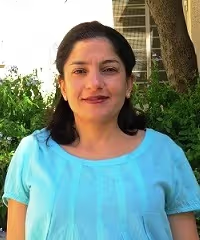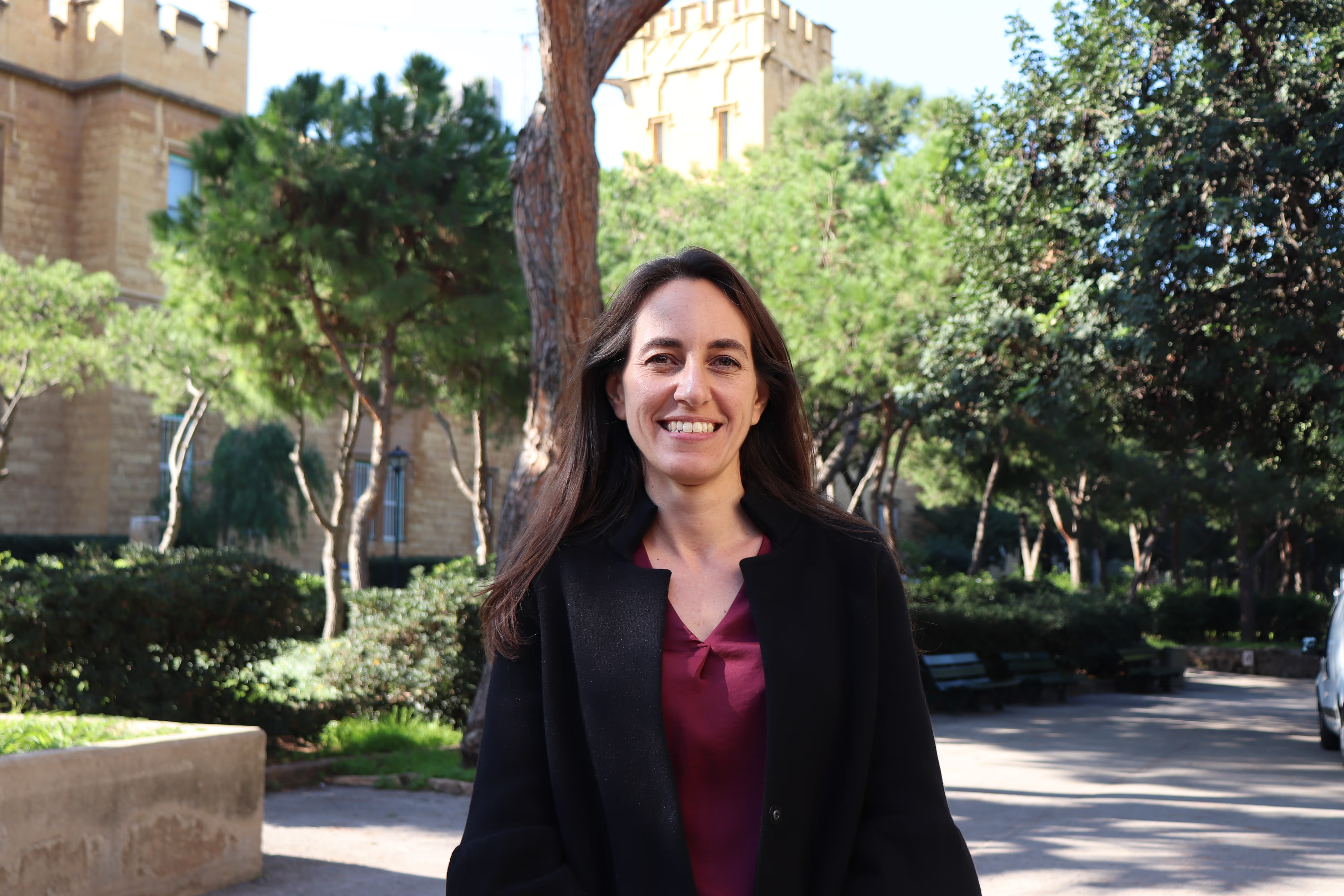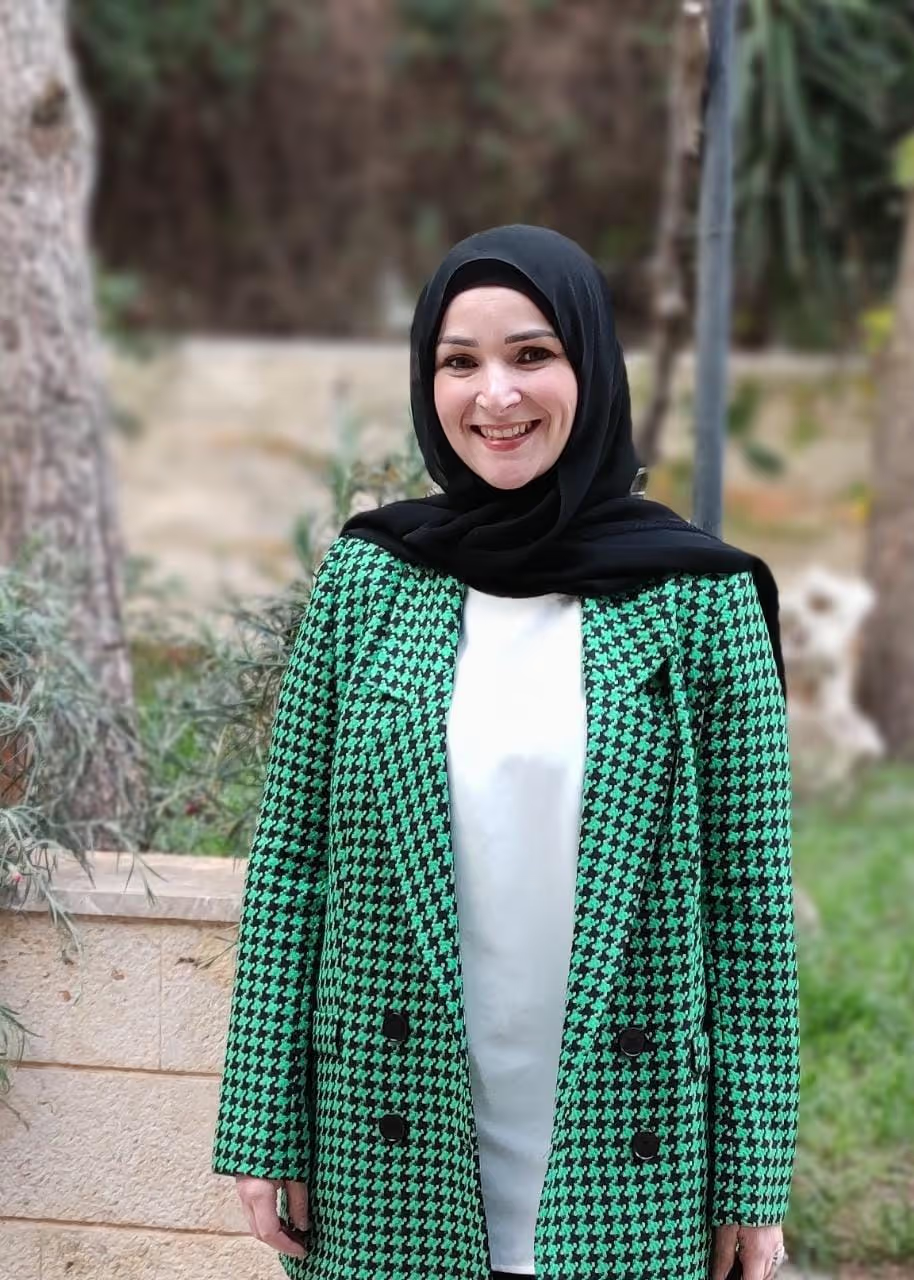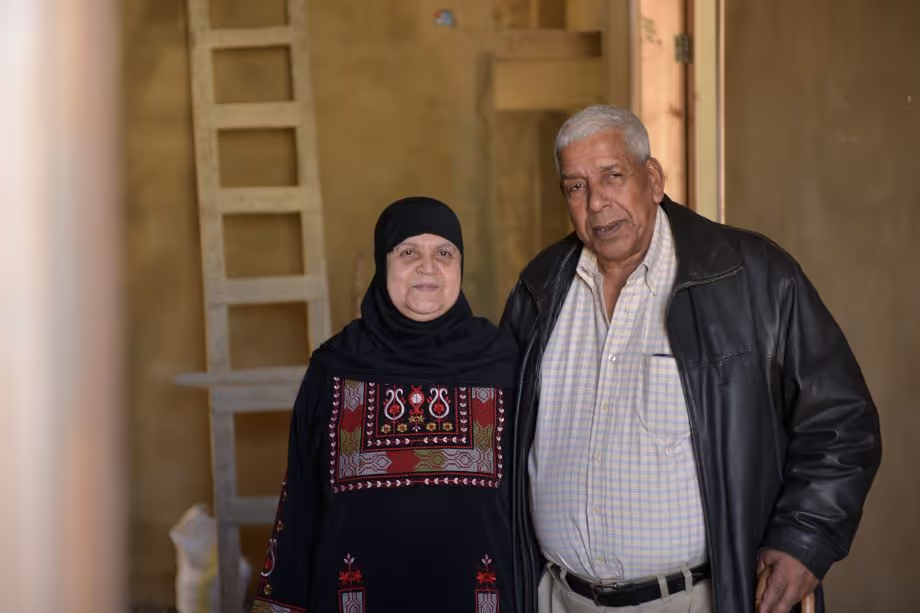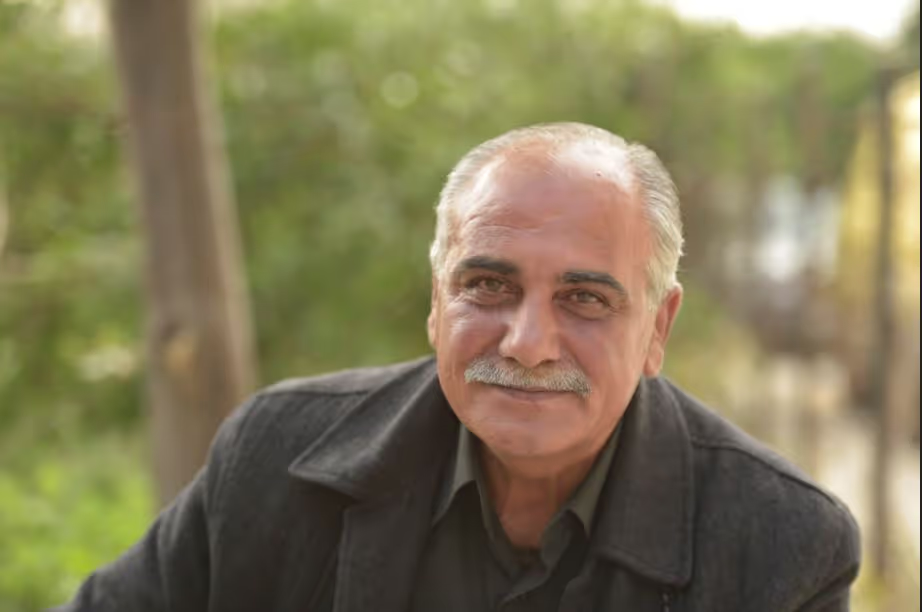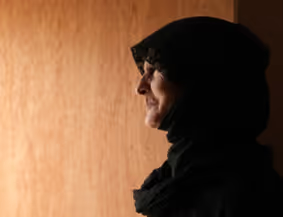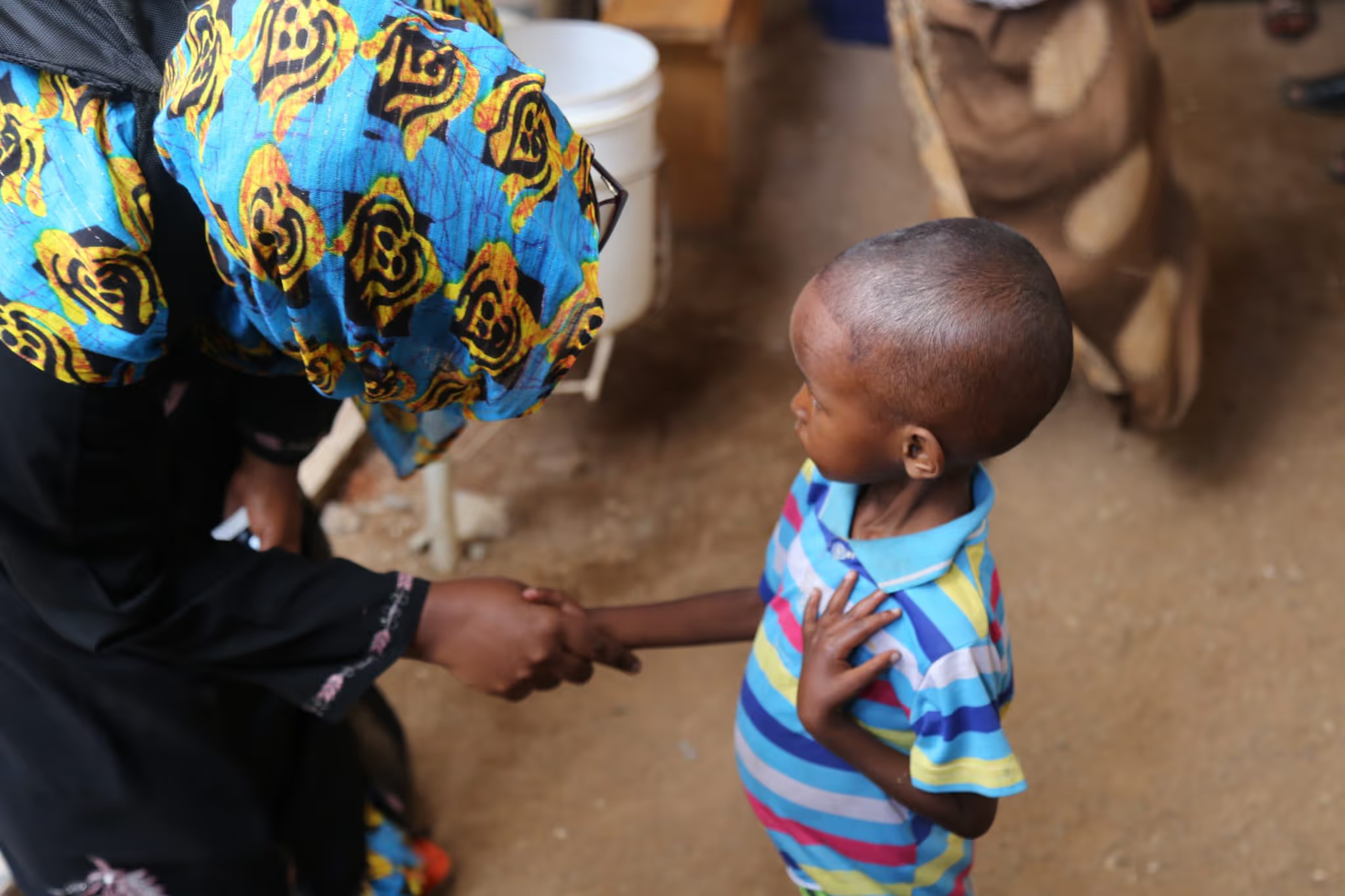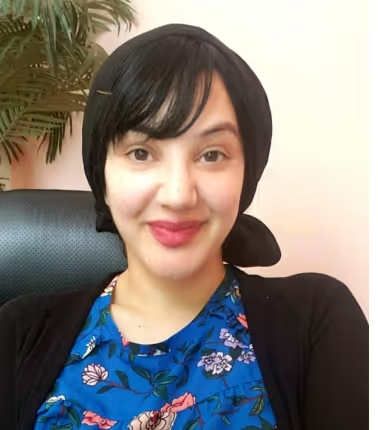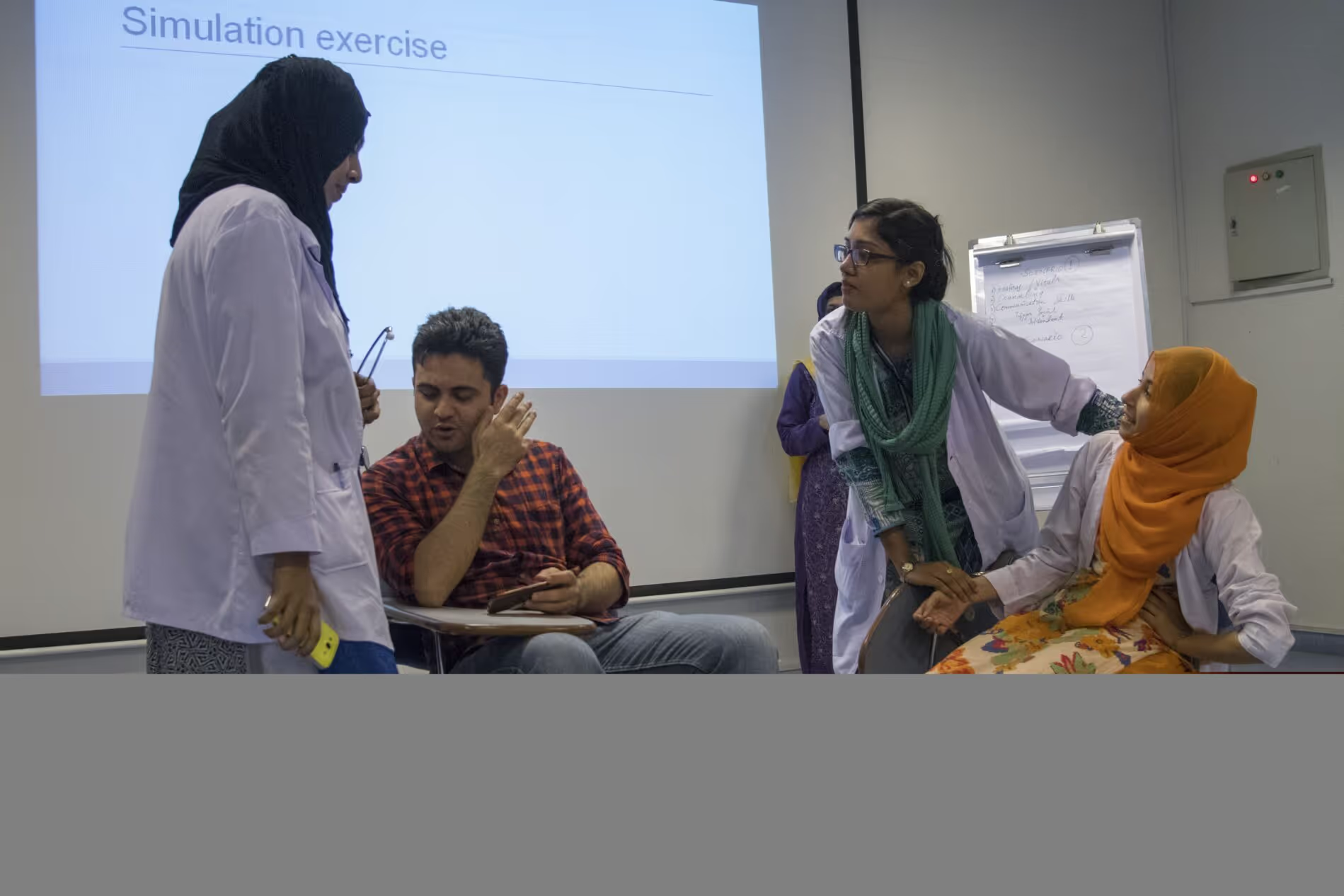Changing vulnerabilities and COVID-19 adherence: Older refugees in Lebanon
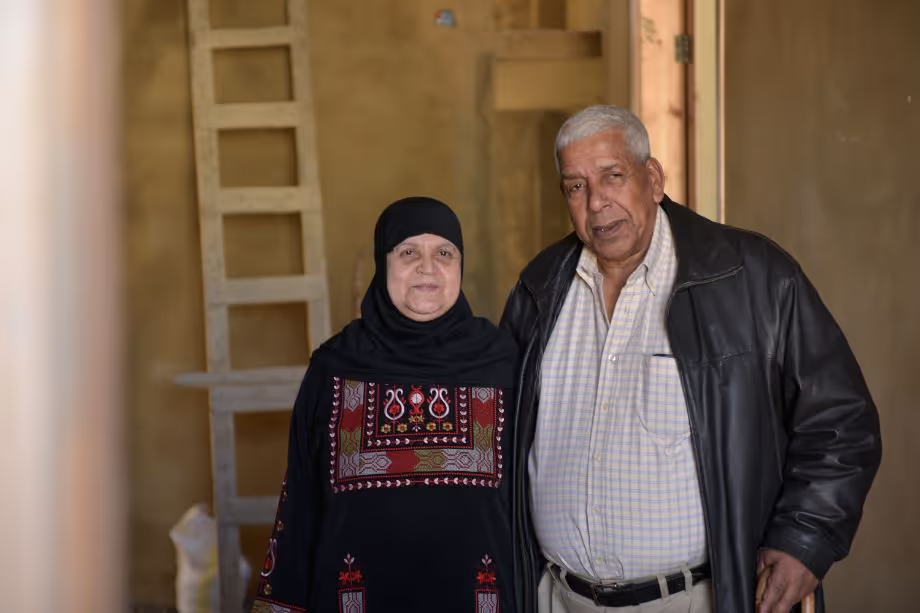
Project overview
This research focused on tracking adherence to COVID-19 preventive/control measures among older Syrian refugees in Lebanon in response to underlying and emergent barriers, enablers, and vulnerabilities that operate at multiple levels.
Countries
Lebanon
Organisations
Norwegian Refugee Council
Partners
Faculty of Health Sciences, American University of Beirut
Area of funding
Humanitarian Research
Grant amount
£327,260.00
Start date
01
June
2020
End date
01
May
2022
Project length (in months)
23
Funding calls
Topics
COVID-19
Refugees and IDPS
Status
Closed
Project solution
This project offers [specific solution or intervention] to tackle [challenge]. By implementing [strategies, tools, or innovations], the project aims to achieve [desired outcomes]. The approach is designed to [specific actions or methods] to bring about meaningful change in [community, region, or issue area].
Expected outcomes
This project aims to achieve [specific outcomes], such as [measurable results, improvements, or changes]. The expected impact includes [benefits to the target community, advancements in research or innovation, or long-term effects]. By the end of the project, we anticipate [specific changes or milestones] that will contribute to [broader goals or objectives].
Principal Investigator: Dr. Sawsan Abdulrahim (American University of Beirut (AUB)
Co-PIs: Dr. Hala Ghattas and Dr. Stephen McCall
Research Snapshot: Older Syrian refugees and the Covid-19 Vaccine
This research focuses on tracking adherence to COVID-19 preventive/control measures among older Syrian refugees in Lebanon in response to underlying and emergent barriers, enablers, and vulnerabilities. This snapshot focuses on the issue of vaccine uptake and vaccine acceptance.
[.cta_link]View Research Snapshot[.cta_link]
Research Snapshot: Older Syrian refugees and the food insecurity
Findings on food insecurity, drawn from a wider study which tracked adherence to COVID-19 preventive/ control measures among older refugees in response to underlying and emergent barriers enablers and vulnerabilities.
[.cta_link]View Research Snapshot[.cta_link]
What did the study set out to achieve?
Lebanon has one the largest concentrations of refugees in the world living in extreme humanitarian conditions. The country is also at the intersection of political, economic, and social crises, compounded by the pandemic. This study investigated the experiences of a doubly vulnerable population – Syrian refugees and older adults – who are at increased risk of developing severe illness if infected by COVID-19, with a focus on vaccination. The study was conducted in a changing social and healthcare situation of a pandemic with a complex humanitarian context.
What were the findings?
This study found that 85% and above of older refugee respondents adhered to COVID-19 preventive measures. Refusal and hesitancy were leading causes for not registering for vaccination; though a decrease is noted in wave 5 as compared to other waves. With that, nearly half of the older refugees in the study received the vaccine. Among these, almost two-thirds took two doses.
85% of participants adhered to COVID-19 preventive measures, and more than 95% agreed that COVID-19 is a serious infection that is spreading around the world. Over two-thirds also agreed that they are intended to receive COVID-19 vaccine if it is safe and effective.
However, a high proportion of respondents did not register on the national platform for vaccination: although this dropped from 92% to 42% unregistered over time. Only 42% of respondents took their first vaccine dose, and two-thirds of this group had a second dose. The main reported reason for no vaccination, is not wanting the vaccine or being afraid of side effects.
When data was collected between January and March 2022, a significant proportion of respondents had not received their second or third shot as they are still waiting for the Ministry of Public Health (MoPH) to confirm the appointment they booked on the national ‘Impact’ platform.
Other factors affecting vaccine acceptance: older age, higher education, living outside informal tented settlements, female gender, not perceiving COVID-19 as a serious infection, using social media as a source of information on COVID-19, and perceiving vaccines as unsafe.
What does this mean for practitioners and policy makers?
Recommendations from the COVID-19 vaccination roll -out:
- Humanitarian actors can use these findings to address barriers and improve access to services for elderly refugees. Vaccination programs that are culturally sensitive, meeting the needs of older Syrian refugees are required, taking into consideration the following different factors: level of education, gender and residence type.
- Additionally, enhancing COVID-19 national surveillance systems, including vaccine registration and uptake, is key to develop targeted interventions and control the COVID-19 pandemic.
- Diffusion of timely, correct, culturally sensitive information related to Covid-19, vaccine safety and effectiveness through diverse channels is also needed for refugees.
- Community-based interventions, through engagement of local and religious leaders, play a major role in building trust, and spreading accurate messages about COVID-19 and vaccination.
- Further studies are needed to better understand the factors related to vaccine refusal. This will guide resource allocation and better readiness in case of future pandemics.
Outputs
Using the results from the first wave of data collection, the study found that misinformation about COVID-19 was prevalent in the community. The following videos were produced to tackle specific areas of misinformation and have been disseminated through the UNHCR communication trees and to all NRC beneficiaries in Lebanon.
;
;


No items found.
Project delivery & updates
Stay up to date with the latest developments from this project. Here, you will find details on what has been delivered, resources created, and regular updates as the project progresses. Access key documents, reports, and other materials to see how the project is making an impact.
No resources/updates have been published yet for this project. Sign up for our newsletter to stay informed about upcoming publications and updates!
Join our Newsletter
Resources
No items found.
Latest updates
No items found.
